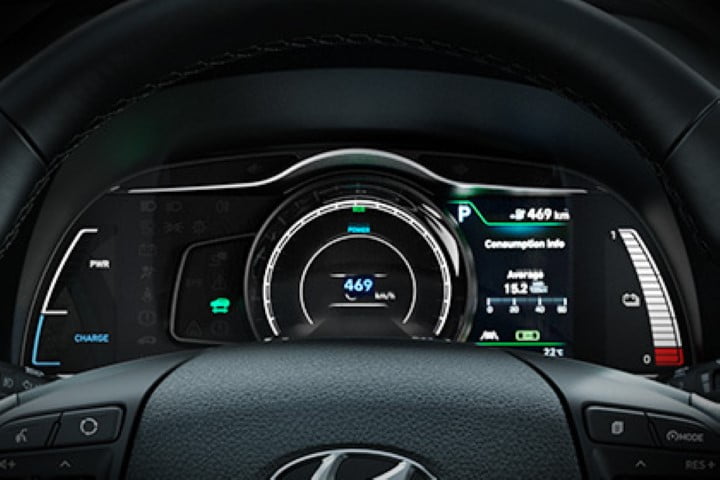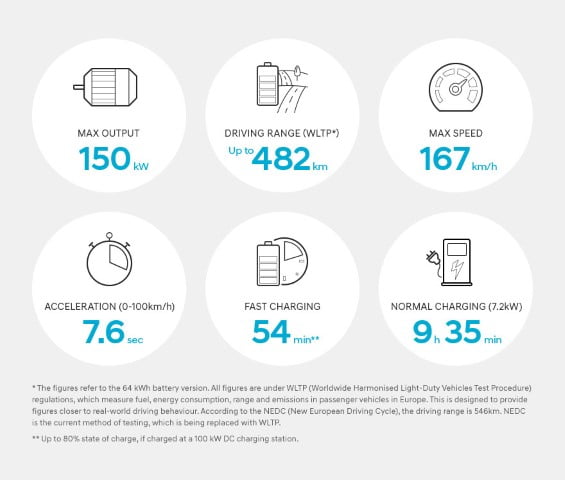Chennai: As Prime Minister Narendra Modi recently promised policies to boost the electric vehicles in India, car makers have started lining up their electric vehicle plans. The country’s second highest car seller Hyundai announced on Monday that their first fully-electric car in the country will be the Hyundai Kona.
It is expected to be launched in July 2019. The company has also confirmed that the electric SUV will be assembled at the Chennai plant.

Hyundai stated that the price of the car will be less than Rs 30 lakh and it is hoping to sell a modest 1000 units in the first year. Production will be ramped up to 30000 units by 2020 as India gets ready for electric vehicles. Like the Mahindra e2o, the Kona will be sold only in top metro cities due to lack of infrastructure and demand.
The pure electric Kona will have up to 482 km driving range on a single charge and can be charged in less than an hour on fast chargers. The car has a smart adjustable regenerative braking system, which can automatically adjust how regen energy is recovered seeing the traffic situation ahead.

It will also have a horde of tech features such as Heads-Up Display, Forward Collision-Avoidance Assist with pedestrian detection, Blind Spot Collision Warning with Lane Change Assist, Rear-Cross Traffic Collision Warning, Lane Keeping Assist, High Beam Assist, Driver Attention Warning, and Intelligent Speed Limit Warning that identifies road speed signs.
The electric Hyundai Kona was showcased at the MOVE Global Mobility Summit held in New Delhi on September 7-8 and demonstrated to the Prime Minister.

Hyundai will also bring the hybrid Ioniq to India amongst other electric and hybrid vehicles.
The company is readying up to launch the new Santro in October.
Mahindra which is currently the only carmaker selling pure electric cars in the country, is expected to roll out an electric version of its popular micro-SUV, the KUV100. Nissan, which sells one of the highest numbers of electric vehicles globally, is also expected to bring the Nissan Leaf to India by 2020.



